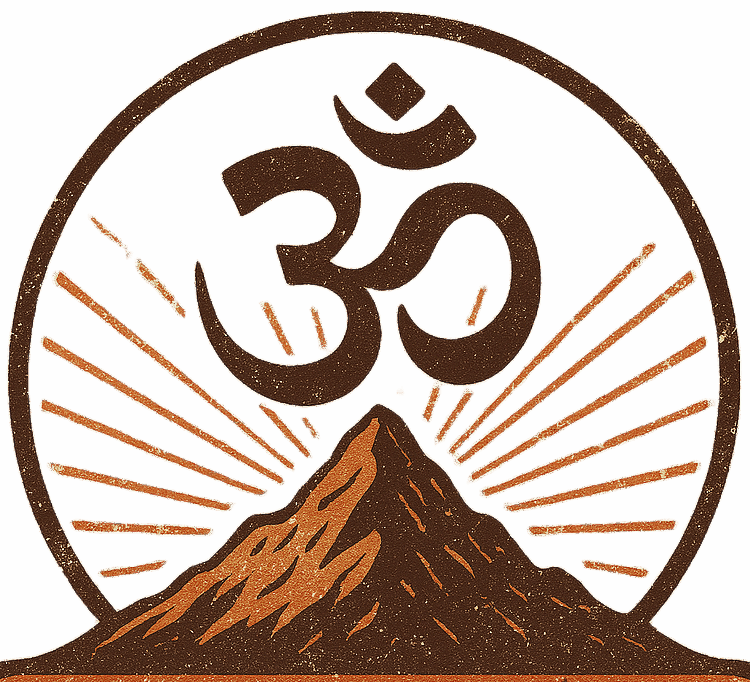Polypsychicism: The Doctrine of Many Selves
The Polypsychic Being Part I — Origins of the Idea of Many Selves In the early twentieth century, Russian philosopher P. D. Ouspensky and his teacher George Ivanovich Gurdjieff introduced a psychology that still feels ahead of its time. They began from a simple observation: a human being does not think, feel, or act as …

